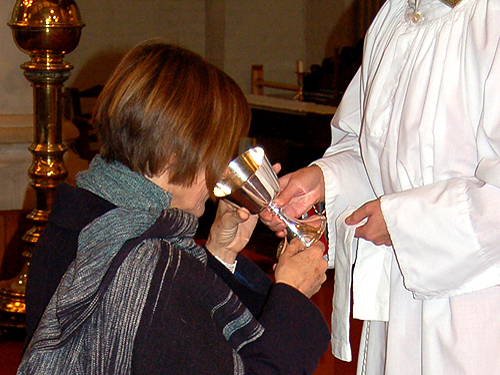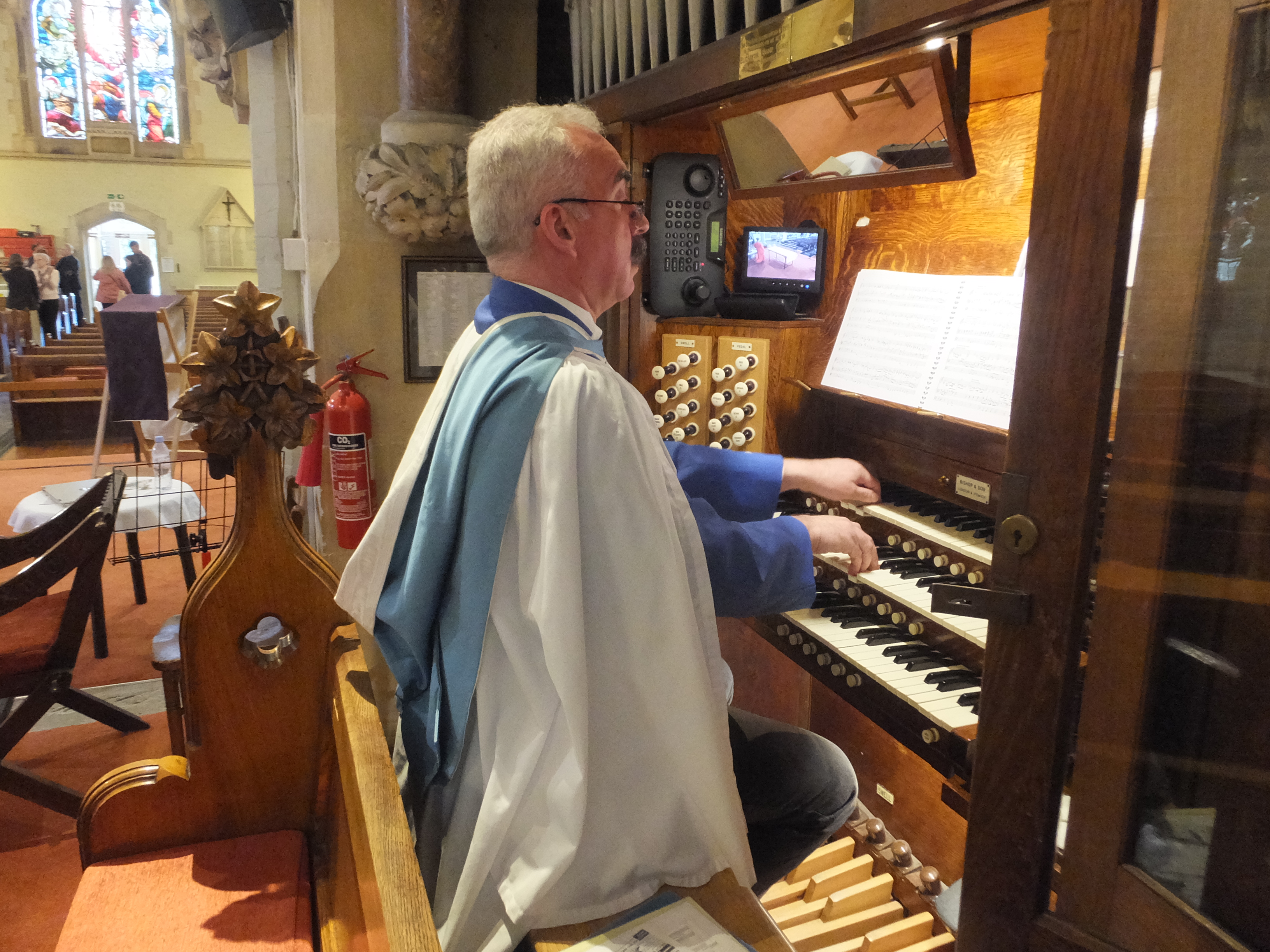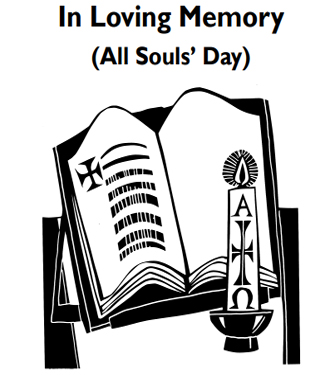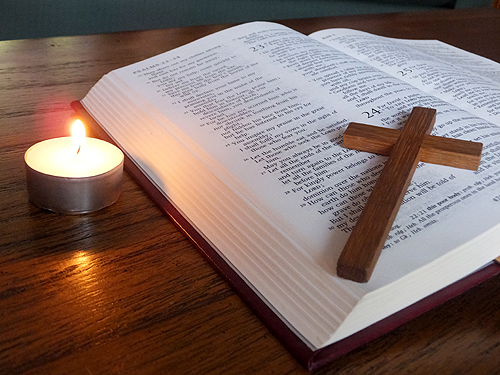All Saints' Day
 |
 |
 |
All Saints' Day is a feast celebrated on November 1st. All Saints' Day, or the festival of All Saints, is also sometimes known as All Hallows or Hallowmas (hallows meaning saints, and mas meaning Mass or Holy Communion). It is a celebration in honour of all the saints and martyrs, known and unknown. Saints are Christians who are very holy (dedicated to God) and good people, worthy of honour in some way. Martyrs are people who suffer persecution (being very badly treated) and death for their religious belief, principle or cause. It is a day to remember all that God has done through human beings. We thank him for those who have 'kept the faith' in difficult times and have not surrendered to the testing of their times, sometimes losing their lives to do so. The Church colour for All Saint's Day is white (or Gold).
What happens at St James's
At St James's a special festival Parish Communion service is held at 09.30 on the Sunday nearest to All Saint's Day, usually with the choir singing.
Background to All Saints' Day
The early history of the Church has many stories about the faith of these martyrs. They were rather like heroes and their stories have been good examples for all Christians throughout history. The Church later canonised many of the holy people whose names and stories were known. This meant that the Church formally recognised that their lives were holy, an example for all of us, by naming them as saints. The Church's calendar contains many saint's days which we, as Christians, celebrate.
However, there were thousands more early Christian martyrs who are not known, except to God. In order to honour the memory of these unnamed saints, the Church dedicated a special feast day. This feast that we now know as All Saints' Day started out as a feast of All Martyrs in the 4th century. Sometime between 731 and 741, Pope Gregory III consecrated a chapel in the basilica of St Peter to all saints, not just to the martyrs, on November 1st, and he fixed the anniversary of this dedication as the date of the feast.
All Souls' Day
 |
 |
 |
All Souls' Day is celebrated on November 2nd and commemorates the 'faithful departed'. This is a day of remembrance for friends and loved ones who have passed away and purposely follows All Saints' Day in order to move the focus from the saints to ordinary people. For Christians, remembrance is an expression through prayer of our continuing love and support for those who have died, an expression that faith, hope and love do not end in death. Our prayer declares our belief that life and love transcend the grave, because of Christ who died and was raised from the grave. So on All Souls' Day we have a chance to pray for, and lovingly remember, those who are no longer with us and to remember that, in Christ, we are still united as one body. The Church Colour for All Souls' Day is red.
What happens at St James's
At St James's a special service, 'In Loving Memory', is usually held in the afternoon of the Sunday nearest to All Souls' Day. Everybody is welcome and all recently bereaved families are sent a special invitation to attend.
Further information
In Loving Memory (service booklet)